Water Balance
Water balance refers to the equilibrium between the intake and output of water in an organism. It is essential for maintaining proper bodily functions and overall health. The human body constantly regulates water balance to ensure that the amount of water entering the body is equal to the amount being lost.
Factors Affecting Water Balance
- Intake: Water is primarily taken in through drinking fluids and consuming foods with high water content.
- Output: Water is lost through urine, sweat, breathing, and feces.
- Metabolism: The body's metabolic processes also contribute to water loss.
- Environmental Factors: Temperature, humidity, and physical activity can impact water balance.
Regulation of Water Balance
The body regulates water balance through a combination of hormonal and physiological mechanisms.
- Antidiuretic Hormone (ADH): This hormone is produced by the pituitary gland and helps the kidneys retain water by reducing urine production.
- Aldosterone: Produced by the adrenal glands, aldosterone regulates the body's sodium and water levels to maintain proper balance.
- Thirst Mechanism: When the body senses dehydration, the thirst mechanism is activated, prompting the individual to drink fluids to restore water balance.
Importance of Water Balance
Maintaining water balance is crucial for various bodily functions, including:
- Regulating body temperature
- Transporting nutrients and oxygen to cells
- Lubricating joints and tissues
- Eliminating waste products through urine
- Supporting overall metabolic processes
Study Guide
Here are some key points to focus on when studying water balance:
- Define water balance and its significance in maintaining health.
- Identify the major factors that influence water intake and output in the body.
- Explain the role of hormones such as ADH and aldosterone in regulating water balance.
- Discuss the impact of environmental factors on water balance.
- Describe the importance of maintaining proper water balance for overall bodily functions.
- Explore common imbalances such as dehydration and overhydration, and their potential effects on health.
Understanding water balance is essential for grasping the body's intricate mechanisms for maintaining internal equilibrium. By mastering this concept, you'll gain valuable insights into the importance of hydration and its impact on overall well-being.
.◂Science Worksheets and Study Guides Seventh Grade. Cell Reproduction
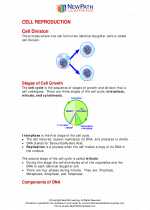
 Activity Lesson
Activity Lesson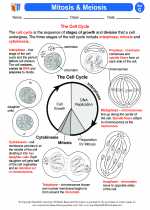
 Worksheet/Answer key
Worksheet/Answer key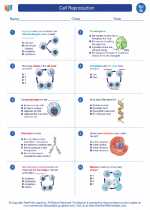
 Worksheet/Answer key
Worksheet/Answer key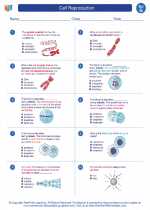
 Worksheet/Answer key
Worksheet/Answer key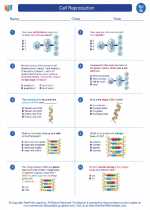
 Vocabulary/Answer key
Vocabulary/Answer key
 Vocabulary/Answer key
Vocabulary/Answer key
 Vocabulary/Answer key
Vocabulary/Answer key
 Vocabulary/Answer key
Vocabulary/Answer key
 Vocabulary/Answer key
Vocabulary/Answer key
 Vocabulary/Answer key
Vocabulary/Answer key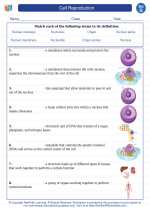
 Vocabulary/Answer key
Vocabulary/Answer key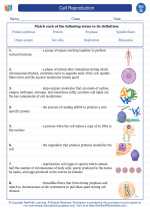
 Vocabulary/Answer key
Vocabulary/Answer key
